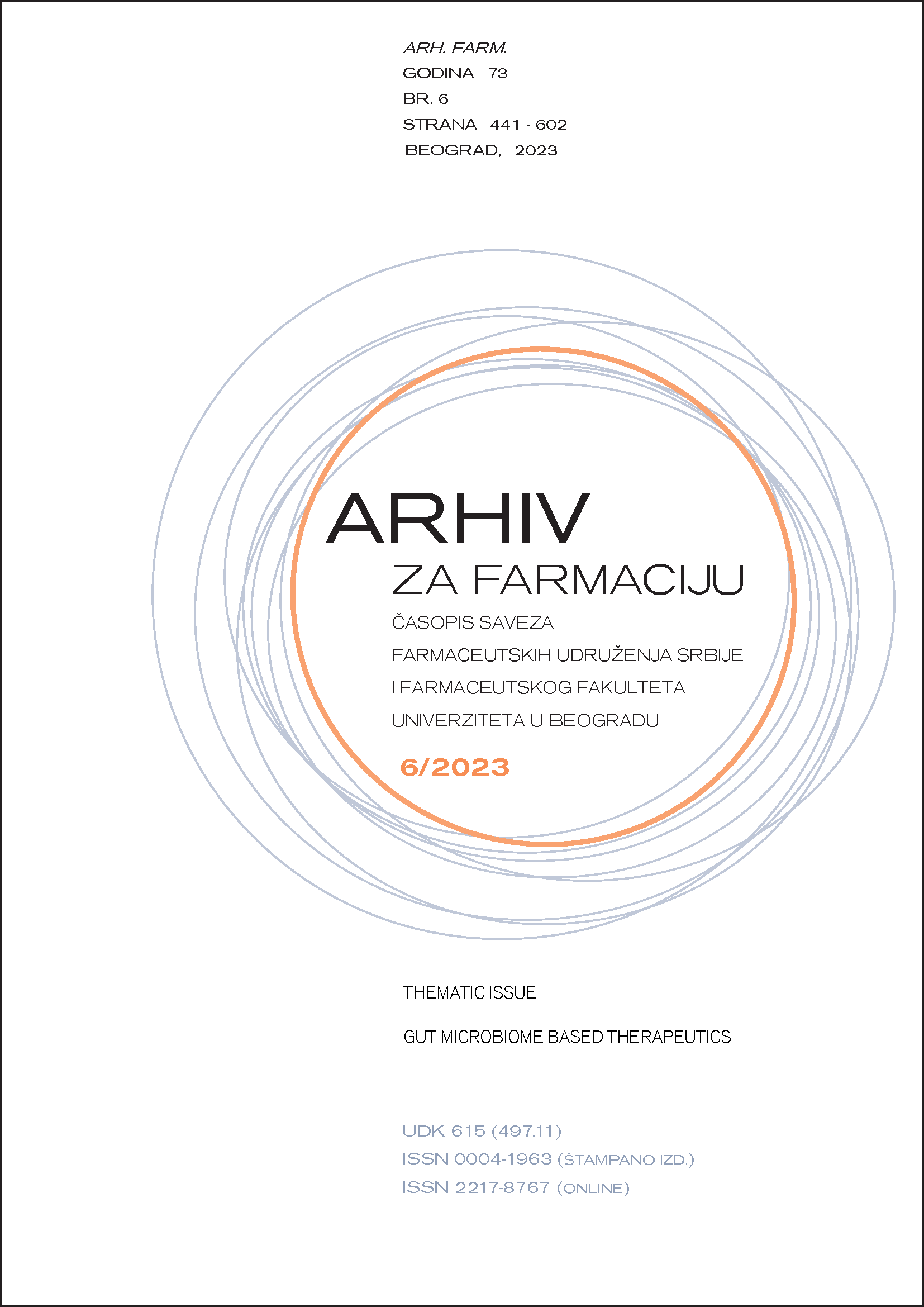
A Word from the Guest Editors
Over the past decade, we have had the delightful opportunity to step into the amazing field of microbiota research. The human body is inhabited by quadrillions of microbes, collectively referred to as the human microbiota, comprising bacteria, archaea, viruses, and eukaryotes in various commensal, mutualistic, or pathogenic interactions with the host, and playing an important role in maintaining general health and wellbeing.
Rapid advances in DNA sequencing, metagenomics and bioinformatics, along with improvements in culturing methodologies, have opened up opportunities for a new era in microbiota research, particularly related to novel therapeutic approaches based on the gut microbiota modulation and development of novel probiotics, postbiotics and prebiotics addressing specific consumer needs and issues.
According to the FAO/WHO, probiotics are defined as “live microorganisms which when administered in adequate amounts confer a health benefit on the host”. Lately, the probiotics research field has been greatly advanced, creating vast knowledge that helps to understand the role of microbiota in human health, as well as to encourage the development of novel strategies for microbiota modulation. Recently, the trend of using commensal bacteria as probiotics to restore healthy gut homeostasis in a natural way opened the door to a new kind of probiotics, commonly referred to as Next-Generation Probiotics, based on the cultivation of gut commensal bacteria.
In addition, metabolic by-products, dead microorganisms, or other microbial-based, nonviable products, the so-called postbiotics, have been found to have a great potential to benefit host health. The terms “non-viable probiotics”, “paraprobiotics”, “ghostbiotics”, “heat-inactivated probiotics” or, most commonly, “postbiotics”, refer to inanimate microorganisms and/or their components that confer health benefits.
Last but not least, prebiotics, described as “non-digestible food ingredients that beneficially affect the host by selectively stimulating the growth and/or activity of one or a limited number of bacteria in the colon, and thus improve host health”, can modulate the composition of intestinal microbiota, serving as food for gut microbes. The degradation of prebiotics liberates products such as short-chain fatty acids that are released into blood circulation, consequently affecting not only the gastrointestinal tracts but also other distant organs.
To disseminate what we have learned on this exciting journey to pharmacists, other health professionals, and the wider academic public, we accepted the invitation to edit the special issue entitled “Gut microbiome based therapeutics”, collecting the latest knowledge related to new microbiota-based approaches in the prevention and treatment of various diseases.
Guest Editors
Nataša Golić, PhD, Full Research Professor
Institute of Molecular Genetics and Genetic Engineering, University of Belgrade
Group for Probiotics and Microbiota-Host Interaction
Miroslav Dinić, PhD, Associate Research Professor
Institute of Molecular Genetics and Genetic Engineering, University of Belgrade
Group for Probiotics and Microbiota-Host Interaction
